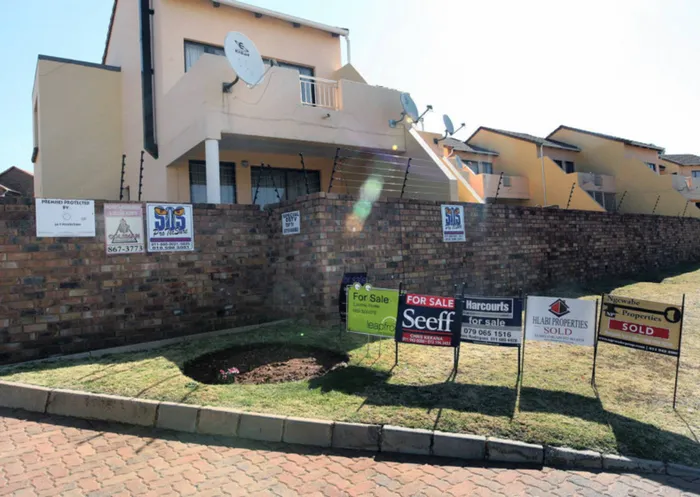
South Africa's interest rates decision this month will depend on how inflation performs and what the US Fed will do just days before this announcement.
Image: Simphiwe Mbokazi
Although there is still room for further rate cuts, possibly later in the year, most forecasts now predict interest rates to hold steady at this month’s interest rate announcement.
Following a series of interest rate cuts over the past 12 months.
A lot will depend on how inflation performs and what the US Fed will do just days before this announcement, says Adrian Goslett, regional director and CEO of REMAX Southern Africa.
“If inflation edged nearer to the SA Reserve Bank’s preference of 3%, this would keep hopes for a cut alive; a re‑acceleration, on the other hand, would firmly entrench a September hold.
"Similarly, if global markets cut their rates (and if the rand holds steady), this would make later SARB cuts easier, but doesn’t necessarily force one in September,” Goslett says.
For debt holders, the most prudent expectation is for rates to remain unchanged at 7.00% in September. “If inflation and the rand behave, the next 25 bps cut is more likely at a subsequent meeting (e.g., November) rather than next month,” Goslett added.
In terms of how this might affect the local property market, Goslett said that although there have been reductions in the prime lending rate, rates still sit well above pre-pandemic levels, continuing to constrain buyer affordability.
Despite this, the REMAX network says it has managed to defy the trend, demonstrating strong sales growth, rapid sales turnover, and particularly heated activity in coastal and high-demand provinces like the Western Cape.
“That said, meaningful gains in broader housing activity are likely dependent on further rate reductions or a significant improvement in economic conditions. The early signs of easing interest rates have injected some buoyancy into the property market; if rate cuts continue, they could help revive broader transaction activity,” Goslett says.
In its market commentary on Monday morning, Anchor Capital said that the South African markets closed in the red on Friday, weighed down by losses in property and banking sector stocks.
It stated that property companies, including MAS, Emira Property Fund, SA Corporate Real Estate Fund and Growthpoint Properties, dropped 3.8%, 2.4%, 2.2%, and 1.4%, respectively, on the day.
Stable rates support steady property values. Investors should also look for interest rate levels that make properties affordable to sustain and easy to resell, if necessary, said Khumbulani Chikomo, TUHF Limited’s senior portfolio manager in Johannesburg, last month.
“For the sake of context and to position where South African entrepreneurs currently stand with regards to interest rates, let’s briefly look back five years. Interest rates (using the prime rate as a proxy) fell to their lowest in 2020 (7%) when there was a need to stimulate business activity following the Covid-19 pandemic.
"They were subsequently hiked to a peak of 11.75 % in 2023 as a measure to curb inflation. Since then, inflation has largely been under control, and there were, and still are, pressures to kick-start growth. Thus, there has been a fall in rates almost every quarter by 25 basis points,” Chikomo said
The commercial property financier said the most recent falls in the interest rate have seen a resurgence of business activity in the property market. It added that since last year, they have been seeing more and bigger transactions happening.
“While interest rates will undoubtedly fluctuate over a loan's lifespan, being forewarned enables entrepreneurs to respond accordingly. Managing interest rates wisely begins at the point of acquisition, by buying well.”
Optimally, TUHF said the acquisition cost should be low and the yield high, ideally substantially higher than the cost of funding the property. That way, if a property entrepreneur leverages, they can benefit from a positive multiplier effect of borrowing on their return on equity.
The converse is true for low yield and high cost of funding, where property entrepreneurs end up carrying the project with a lot of equity to make the project work, it said.
“As mentioned, interest rates inevitably rise and fall, but there are several strategies to manage cash flows when interest rates are high. These include asking to service interest only during high-interest rate periods; asking to reset the loan and pay over a longer period in smaller instalments, and thirdly, injecting capital by selling lower-yielding investments and settling expensive debt, provided you don’t have early settlement penalties.
"It’s not prudent to have idle cash while servicing expensive debt,” Chikomo said.
Related Topics:
